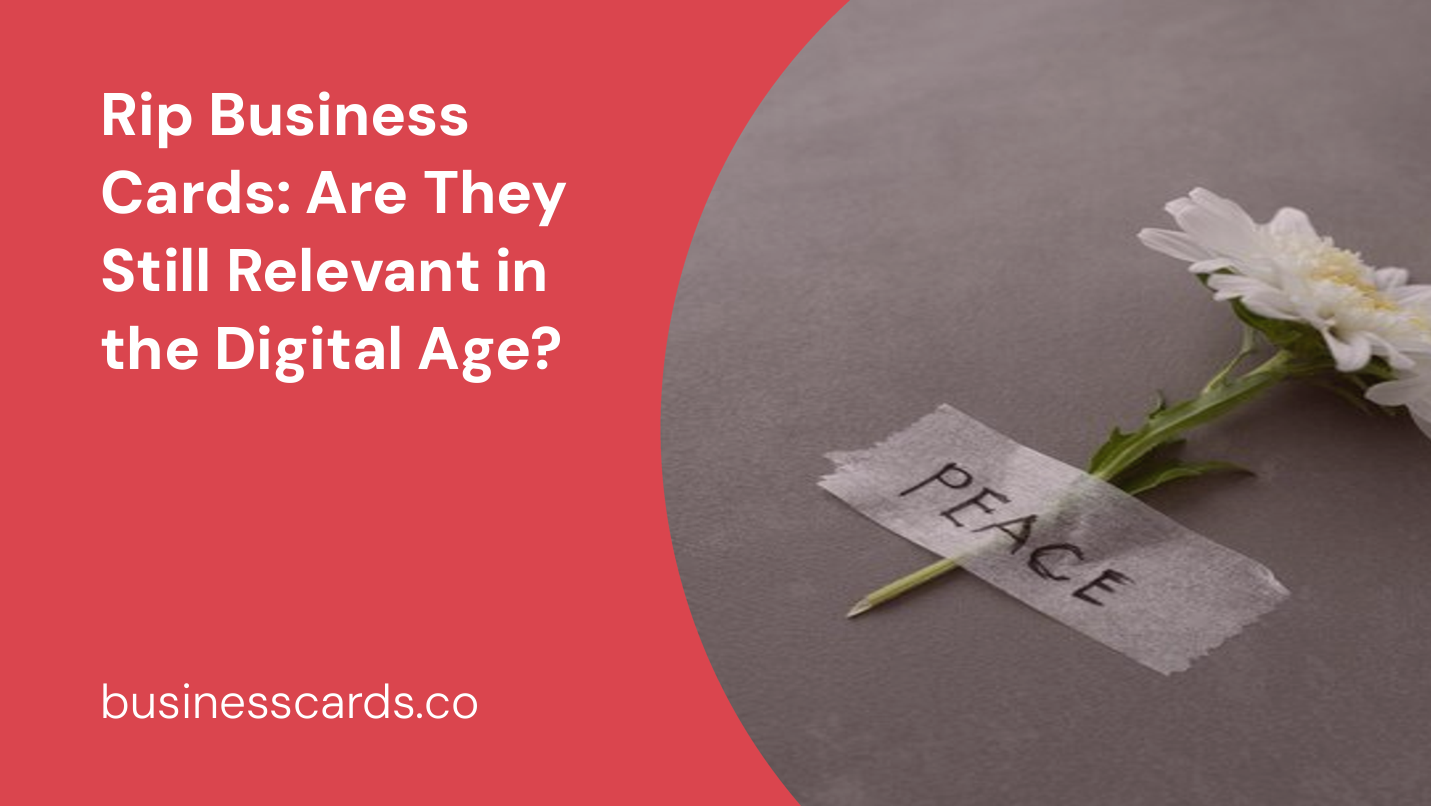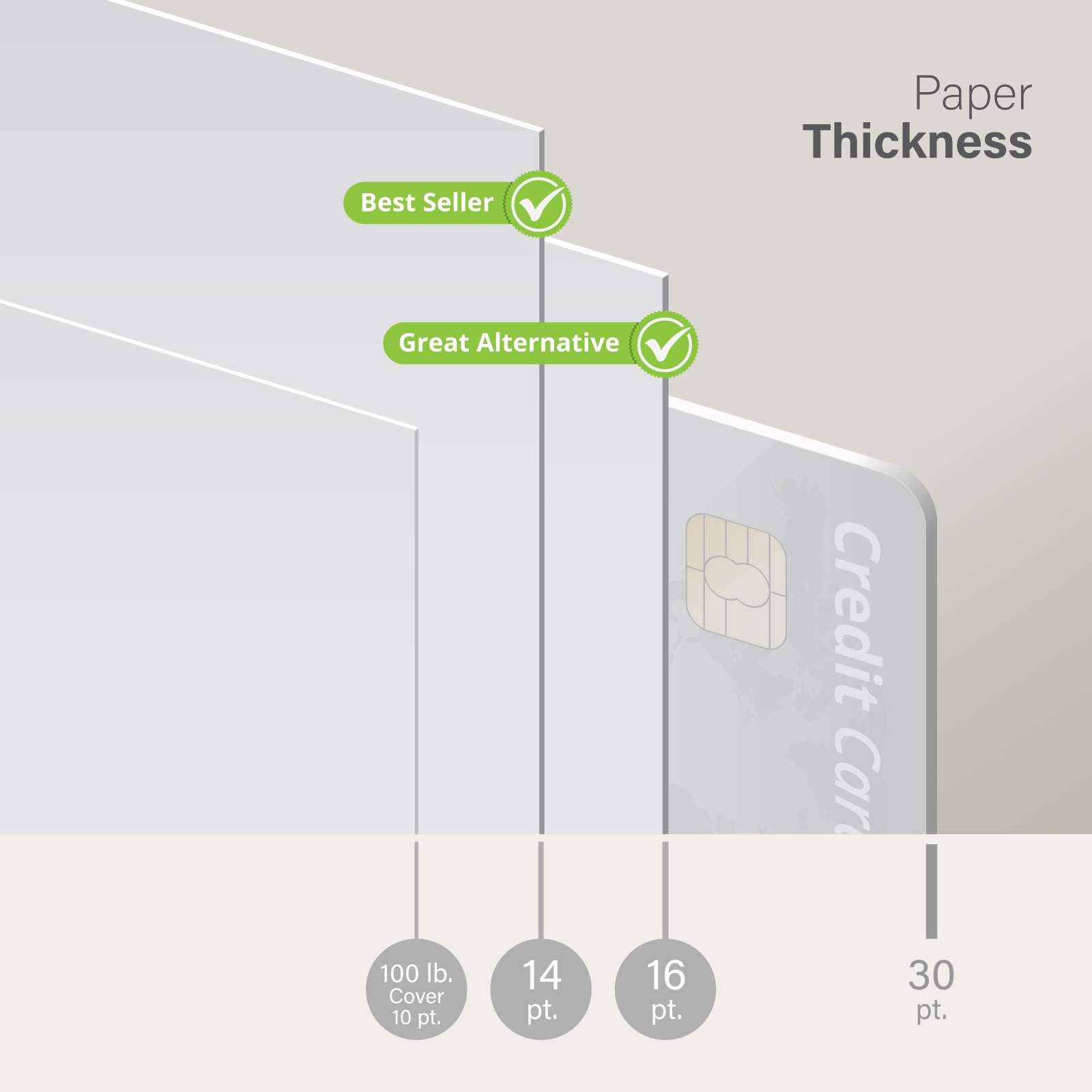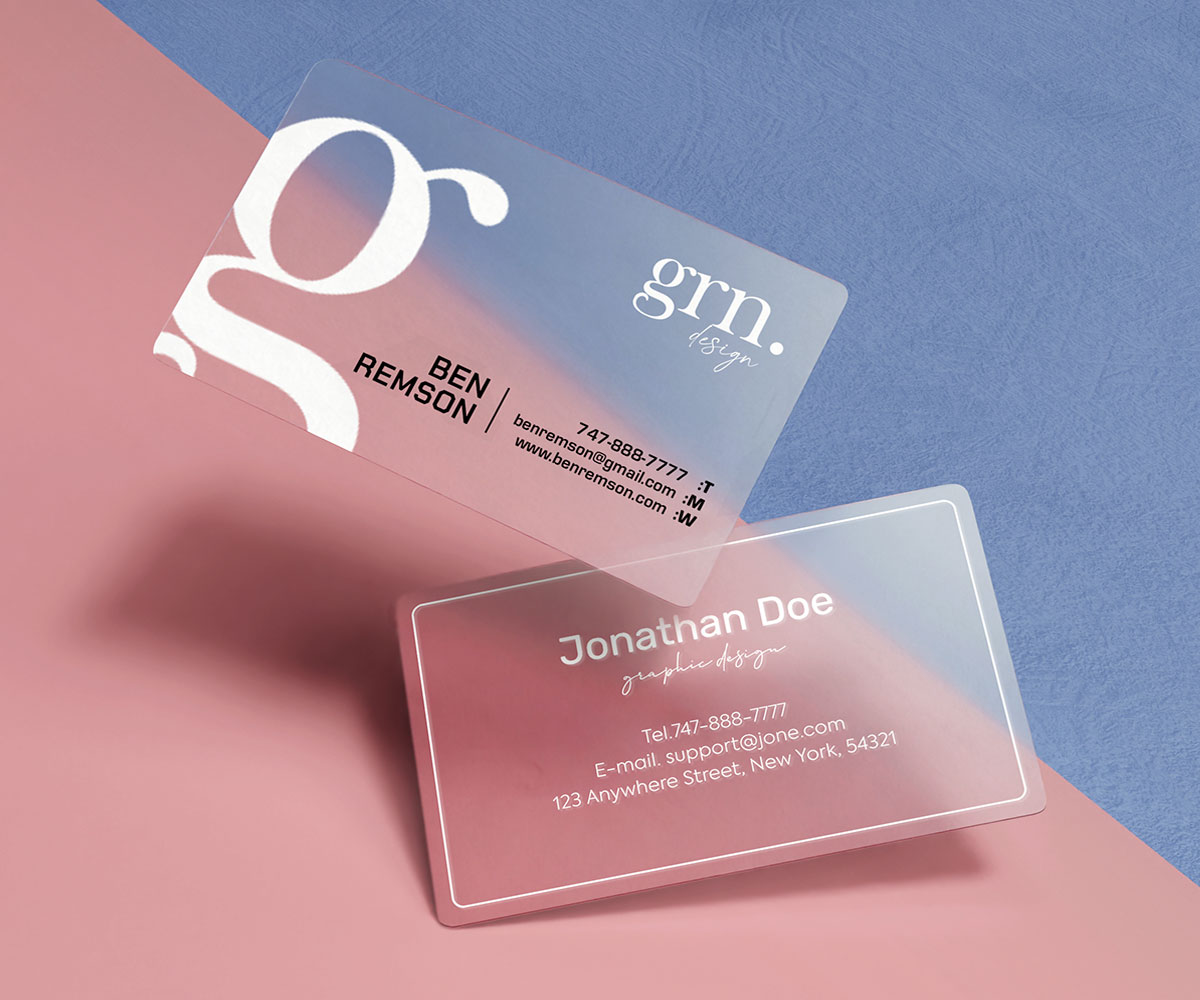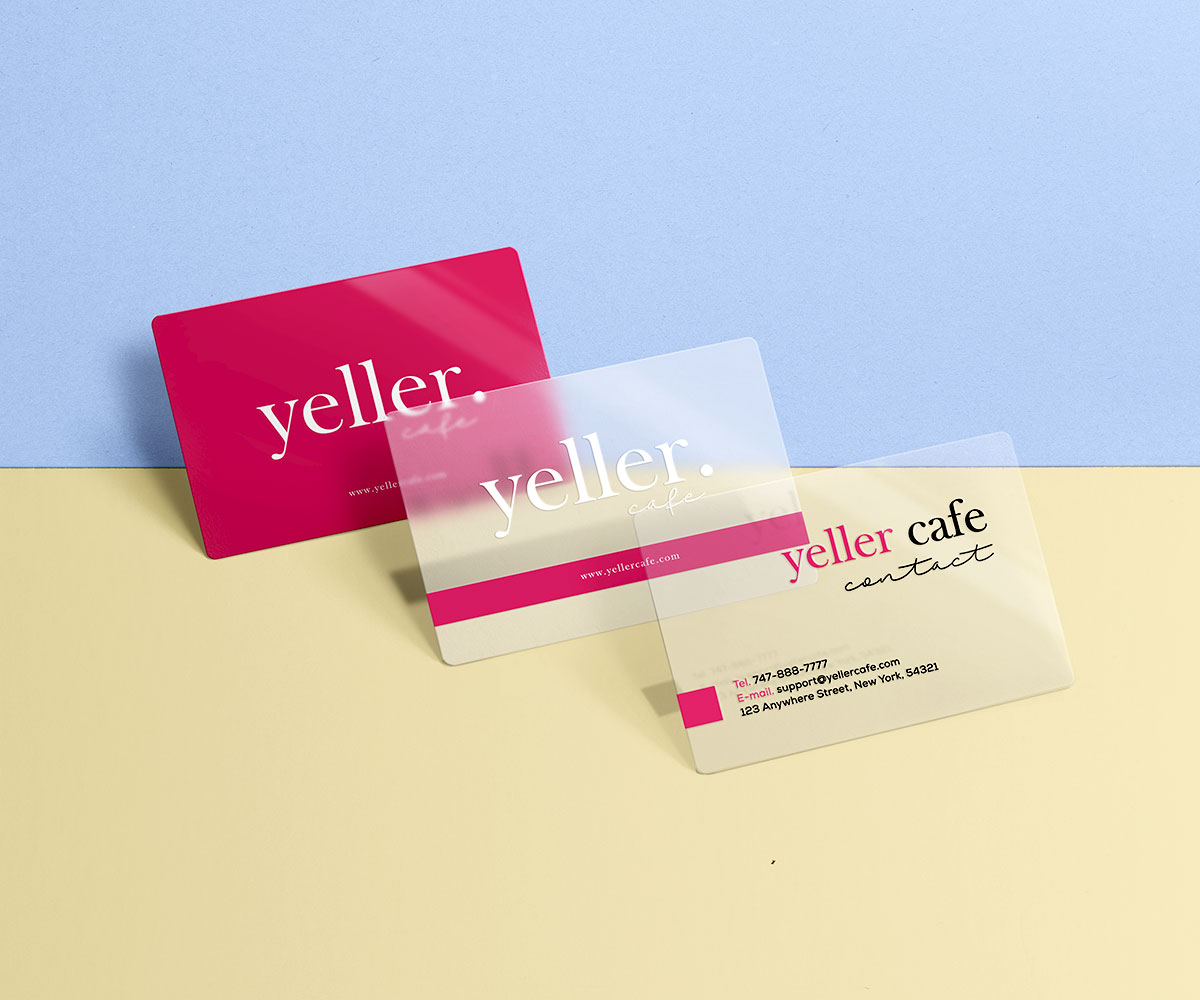
In today’s digital age, where networking and information exchange primarily occur online, the question arises: Are business cards still relevant? With the rise of smartphones, social media, and digital contact management apps, the need for physical business cards has diminished significantly. This article explores the decline of business cards and the reasons behind it, as well as the potential advantages and disadvantages of ripping them out of your professional arsenal.
The Rise of the Digital Era and Its Impact on Business Cards

With the advent of smartphones and the proliferation of digital platforms, the way we exchange and store contact information has drastically changed. Today, people can effortlessly exchange information by scanning QR codes, sharing digital vCards, or simply connecting on LinkedIn or other social media platforms. This convenience has made physical business cards seem outdated and inefficient.
Convenience of Digital Exchanges
Digital exchanges of contact information are far more convenient than traditional methods. With just a few taps on your smartphone, you can easily save a contact in your address book or directly connect with them on various platforms. This eliminates the need for manually inputting information from business cards, which can be time-consuming and prone to errors.
Ease of Updating Information
One of the greatest disadvantages of physical business cards is their static nature. Once printed, any changes to your contact information require reprinting and redistribution. However, with digital exchanges, updating your contact details is a breeze. You can instantly update your information on your online profiles or contact management apps and ensure that everyone you interact with has your most current details.
Environmentally Friendly Approach
In recent years, the push for eco-friendly practices has gained momentum. By embracing digital exchanges, you reduce the need for paper production and minimize waste. Rip business cards can contribute to the waste generated by discarded or forgotten cards, while embracing digital solutions helps you tread more lightly on the environment.
The Advantages of Physical Business Cards

While the relevance of physical business cards has diminished, they still possess a few advantages that cannot be overlooked.
Tangible Impressions
The tactile nature of business cards creates a different, more personal impression than digital exchanges. Physically handing over a business card also allows for an opportunity to make a memorable impression through the design, texture, or uniqueness of the card itself. In a sea of digital connections, a physical business card can still stand out and leave a lasting impact.
Cultural Expectations and Etiquette
In certain cultures and professional settings, exchanging business cards has become a formalized ritual. It is seen as a sign of respect and an essential part of networking etiquette. By not having a business card, you risk coming across as ill-prepared or disrespectful in these situations. It is important to consider the cultural expectations and the industry norms before discarding business cards entirely.
Accessibility to All Audiences
While the majority of professionals have embraced technology, it is worth noting that not everyone is digitally savvy. Some individuals may not have smartphones or may struggle with navigating contact management apps. In such scenarios, a business card can still serve as an accessible solution to share contact information effortlessly.
Striking a Balance: Blending the Digital and Physical Worlds
Rather than completely disregarding business cards, a more prudent approach may involve integrating both digital and physical strategies into your networking endeavors.
Displaying QR Codes
One way to bridge the gap between physical and digital is by incorporating QR codes on your business cards. QR codes can be scanned by smartphone cameras, directing users to your website, LinkedIn profile, or any other online platform of your choice. This allows individuals to choose the most convenient method of adding your contact information to their digital address book.
Utilizing Card Scanning Apps
Card scanning apps that recognize text and convert it into digital contacts can help streamline the transfer of information from a business card to a smartphone’s address book. These apps eliminate the need for manual data entry and ensure that contact details are accurately captured. By using such apps, you can enjoy the benefits of both physical and digital exchanges without the hassle of manual entry.
Prioritizing Professional Online Presence
In a world where digital interactions are becoming the norm, it is crucial to maintain a strong online presence. Creating and optimizing professional online profiles, such as LinkedIn, can act as a digital business card. Make sure your profiles are up to date, contain relevant information, and are easily accessible by potential connections. This way, you can actively steer individuals towards your digital presence while still having the option to provide a business card when necessary.
Conclusion

Ripping business cards out of your professional arsenal completely may not be the best approach. While they have lost some of their relevance in the digital age, business cards still possess advantages that cannot be overlooked. Striking a balance between physical and digital strategies can ensure that you navigate the professional landscape with versatility and adaptability. Ultimately, the choice of whether or not to embrace business cards will depend on a variety of factors, including cultural expectations, personal preferences, and professional requirements.
Isabella, a branding guru, merges her love for storytelling with her marketing expertise. Her fascination with cultural diversity and travel lends a global perspective to her writing about business cards and graphic design. In her free time, she explores new cuisines and documents her culinary adventures.